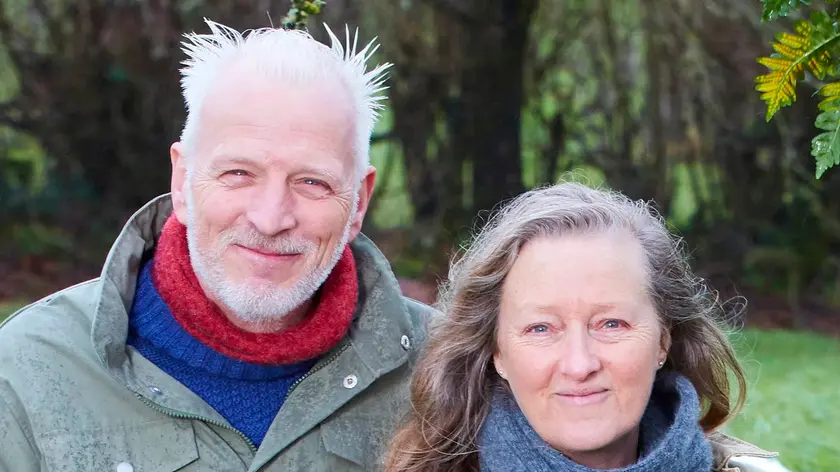T4K3.news
Sugar claims face expert scrutiny
A prominent health influencer promotes high refined sugar intake, drawing expert responses and public discussion.
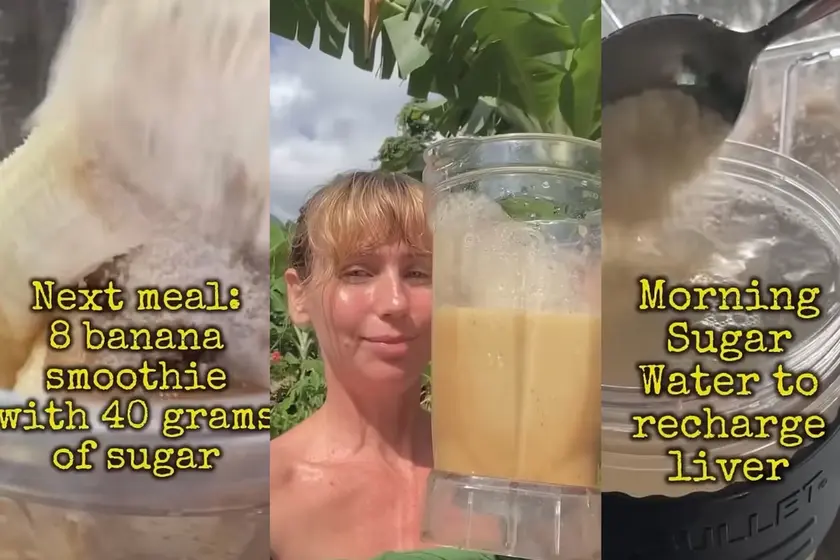
An Australian health influencer promotes high refined sugar and clashes with established nutrition advice, drawing expert scrutiny and public interest.
Sugar controversy tests influencer claims
Australian health influencer Leanne Ratcliffe, known as Freelee the BananaGirl, posts videos showing a 25kg bag of organic sugar and claims that white sugar is healthy, challenging mainstream guidance. She describes sugar as sun crystals and says she averages about half a cup daily, a stance that contradicts NHS guidelines which cap free sugars at around 30g a day. Ratcliffe rose to fame with the Raw Till 4 diet and fruitarian content, building a large following over nearly two decades, including earlier controversial claims that drew strong pushback from nutritionists.
Nutritionists and doctors push back, noting that sugar turns into glucose and serves as a quick energy source, but excessive intake can lead to health issues and nutrient gaps. They stress that high sugar diets are not a universal cure or safe long term strategy, and point to risks such as dental problems and potential metabolic disturbances. Ratcliffe defends her approach, saying she has helped thousands transform their bodies, and notes her business model includes ebooks and coaching. Experts warn that promoting high sugar intake on social platforms can fuel misinformation and harm public understanding of nutrition.
Key Takeaways
"White sugar is healthy. We have been lied to!"
Ratcliffe framing sugar as healthy for her audience
"Sugar is not evil it is a rapidly available source of energy"
Lancaster University nutrition expert explaining sugar's basic role
"There is not an ounce of truth in her claim that a high sugar or fructose diet is good for you"
Dietitian disputing high sugar diet claims
"Promoting a large volume of sugar as health boosting is ridiculous"
Dietitian criticizing the influencer’s claims
What we see is a clash between personal storytelling online and established science. Ratcliffe’s charisma and athletic appearance create a powerful halo effect that can make risky claims seem plausible. The piece highlights how wellness marketing can blur boundaries between personal choice and public health, especially when platforms reward sensational content. Readers should weigh individual anecdotes against evidence and guidelines. The broader risk is not only misinformation but how platforms police or amplify it, shaping public trust in health advice.
Highlights
- Sugar is energy not a miracle cure
- Sugar is our friend
- There is no truth in her claim that a high sugar diet is good for you
- Promoting sugar as health boosting is ridiculous
Health misinformation risk around sugar claims
Promoting high refined sugar intake as a health boost risks public misunderstanding and could conflict with established dietary guidelines, potentially affecting public health.
The sugar debate will continue to unfold online, inviting readers to question sensational claims with evidence.
Enjoyed this? Let your friends know!
Related News
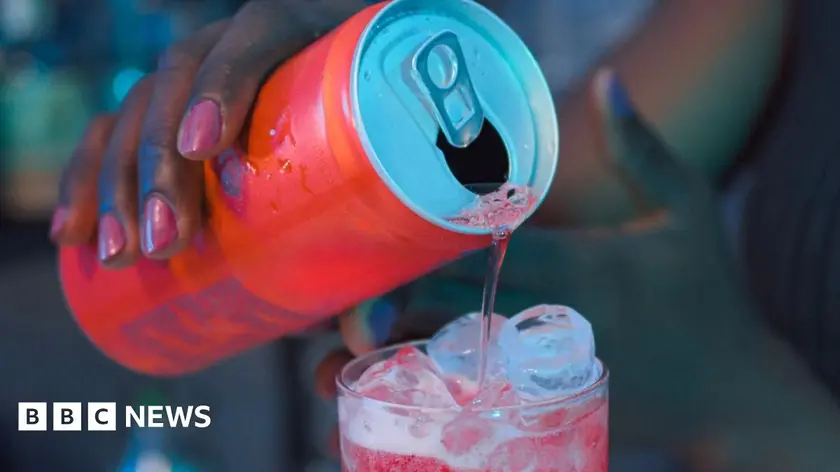
Wellness drinks face scrutiny over promised calm
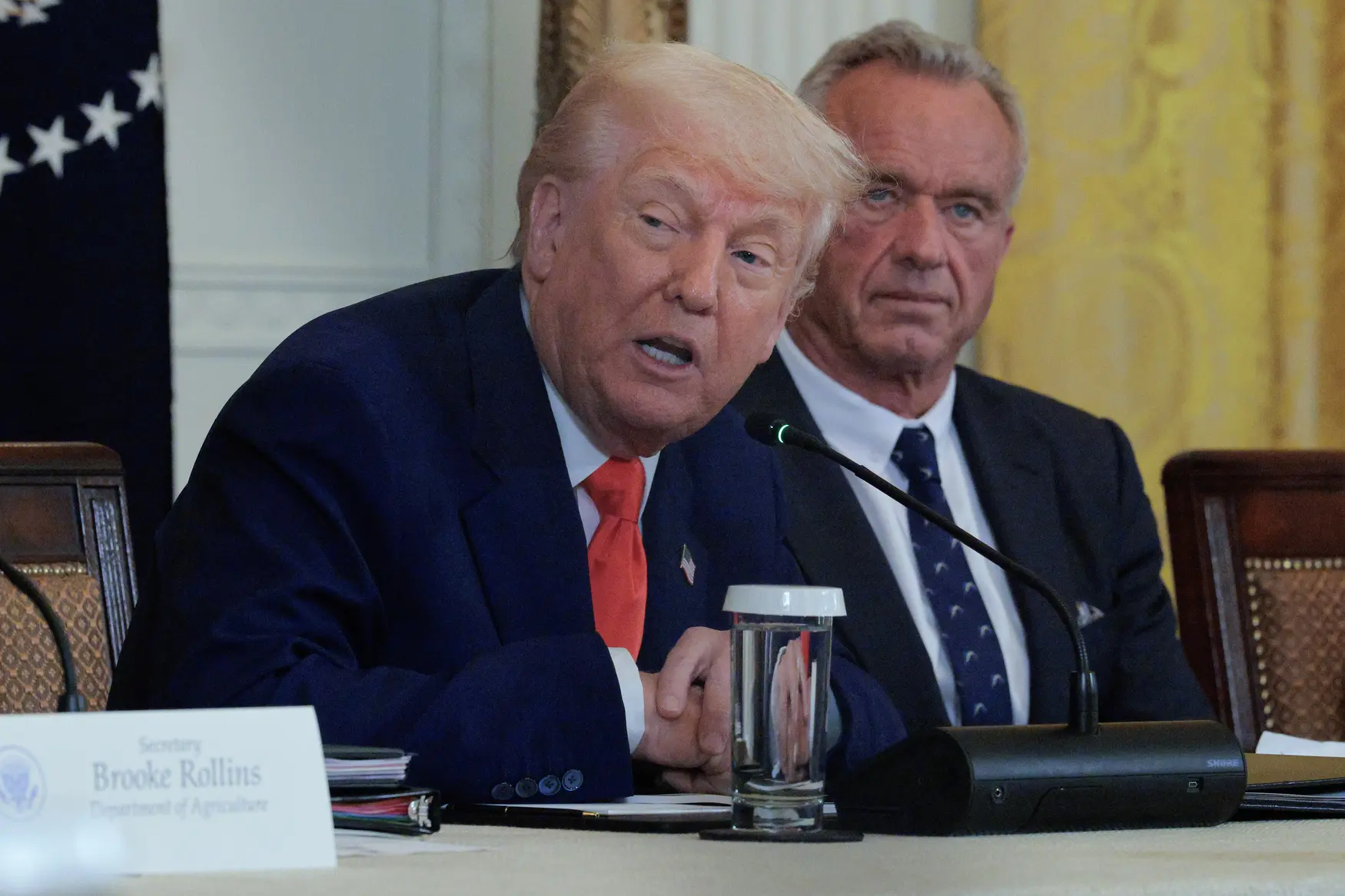
Coca-Cola Introduces Cane Sugar Version Amid Health Debate
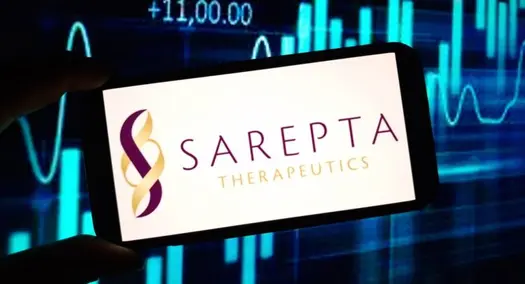
Sarepta Faces Class Action Over Elevidys Safety Claims
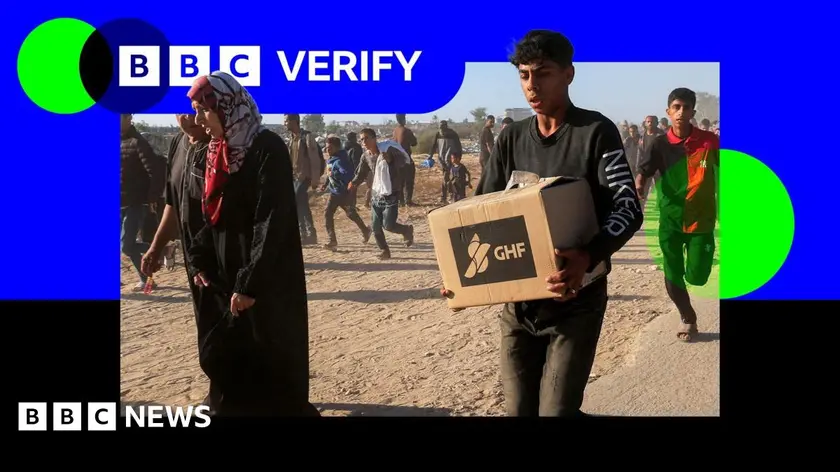
Nutritional value of GHF food boxes questioned
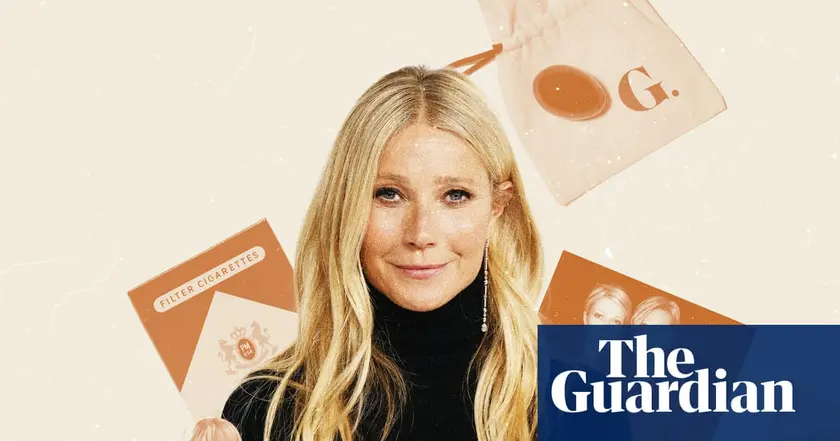
New biography reveals insights about Gwyneth Paltrow
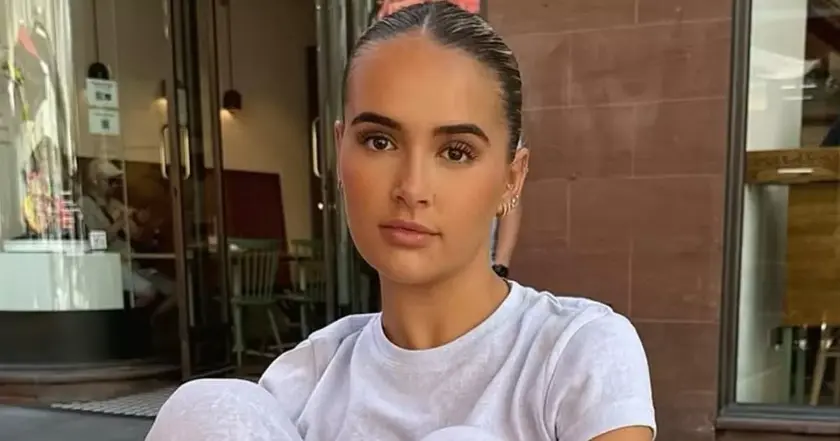
Molly-Mae Hague criticized for tone-deaf comments
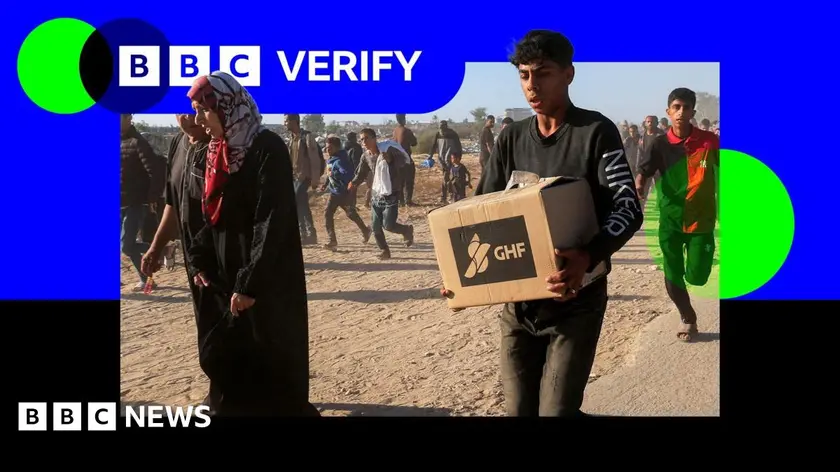
Concerns grow over GHF aid boxes in Gaza
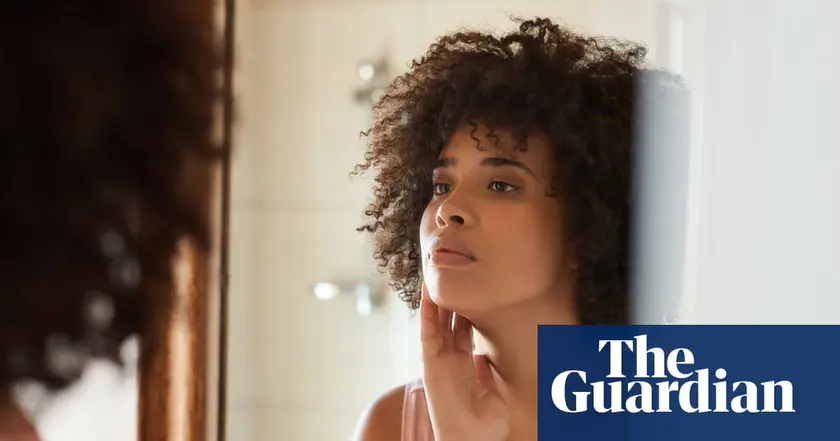
Collagen treatments gain popularity amid mixed evidence
